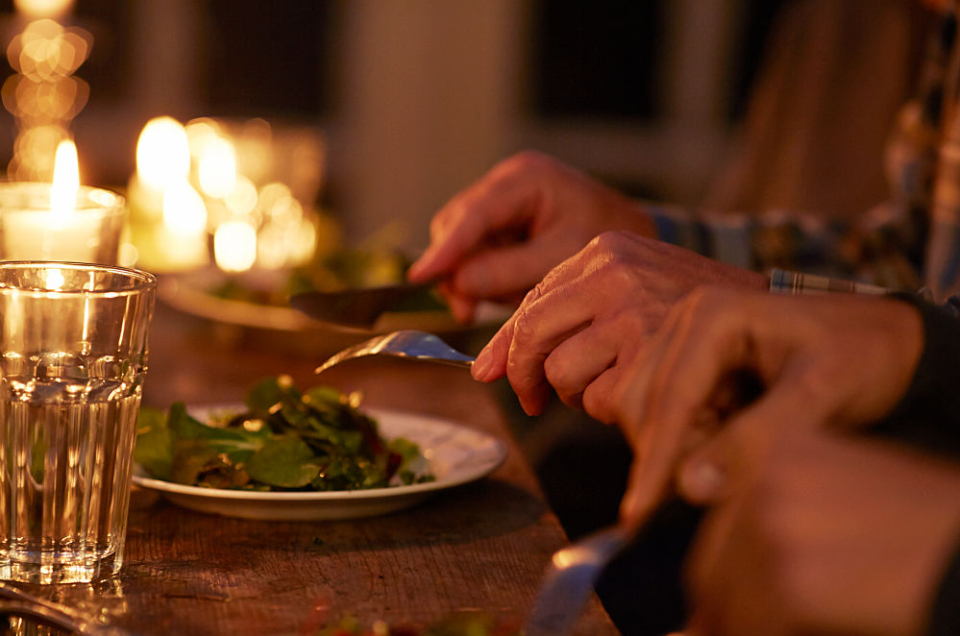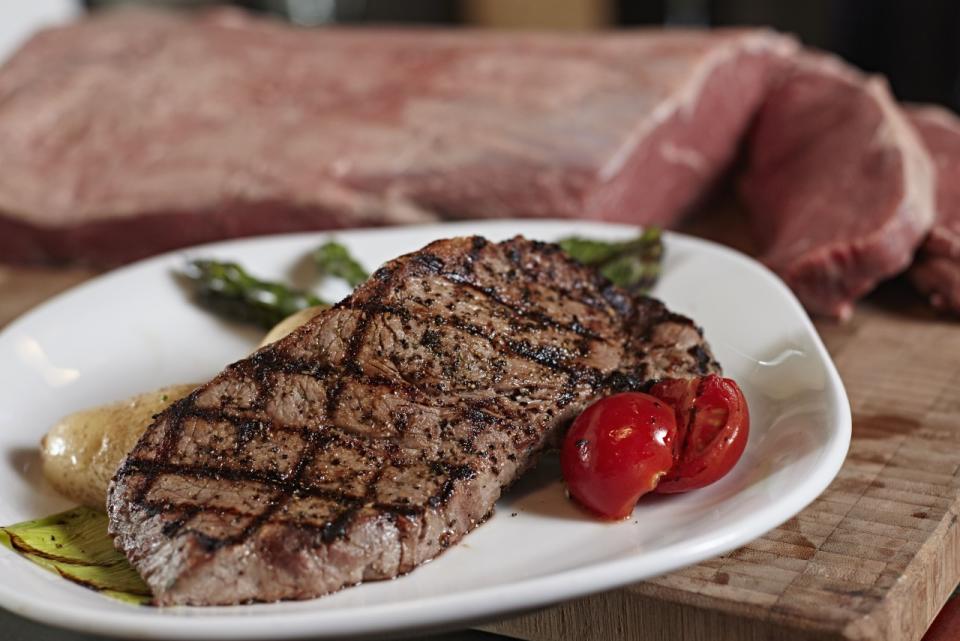5 surprising things that could be making you overweight
We’re constantly bombarded with conflicting diet advice - one second, eating fatty food is forbidden, the next, it’s considered a superb idea.
But what if the reason you can’t lose weight was due to something else entirely?
Research has shown that certain lifestyle habits (such as when you go to bed, or when you eat meals) can have a serious impact on attempts to lose weight.
Are you foiling your own attempts to shed the pounds? Here’s a few habits you might want to think about changing.
Wearing a fitness band

Research this year suggested that wearing a fitness-monitoring band may actually make it harder to lose weight - by giving people a sense of false confidence.
Researchers tracked 470 overweight people over 24 months - and found that people wearing a simple tracker device actually lost less weight (although they did still lose some).
Eating too late at night

Modern lifestyles mean that many of us tend to eat fairly late in the evening - but that could be a bad idea when it comes to weight loss.
Even changing meal times by as little as an hour can have a huge impact on levels of body fat, cholesterol and blood sugar, University of Surrey tests showed.
The research - carried out for the BBC show Trust Me I’m A Doctor - used 16 volunteers - half of whom ate their evening meal 90 minutes earlier and their breakfast 90 minutes later.
Dr Jonathan Johnston of the University of Surrey believes that the impact on the body is to do with the time spent ‘fasting’ - ie not consuming food.
‘Diet hopping’

If you ‘diet hop’ - trying paleo one month, and then switching to the 5:2 diet - you might be shooting yourself in the foot, experts have warned.
People who stick to diets for 12 months see the weight stay off, an experiment showed.
It’s to do with the body’s chemical make-up, scientists say - overcoming a ‘bounce-back’ where dieters experience a surge of hunger-causing hormones when they stop.
Dieters who stick to their plans for 12 months don’t experience this surge as badly, and ‘overcome’ their resistance to losing weight, according to The Times.
Signe Sorensen Torekov of the University of Copenhagen, said: ‘It’s very difficult to fight the hunger.
‘We were able to show that you shouldn’t give up. If you’re able to keep your weight down for a year, then it shifts and it becomes easier.’
Going to bed too late

People who go to bed after 11pm are more likely to binge on junk food and alcohol, according to data from fitness tracker Jawbone.
On average, people who go to bed late consume an extra 220 calories per day.
The company based its findings on data collected from hundreds of thousands of Jawbone UP users - a fitness wristband which monitors exercise, sleep, and which allows users to enter details on the alcohol and food they consume.
Jawbone data scientist Kristin Aschbacher wrote: ‘Early birds tended to eat healthier foods on the whole.’
'This builds on our previous findings that people log more meals high in fats and sugars late in the evening.’
Skipping breakfast

Many dieters give themselves a pat on the back if they manage to get through breakfast with just a cup of black coffee - but it could be a bad idea.
Researchers at Cornell Food and Brand lab asked 147 volunteers who said they ‘never struggled’ with weight gain what THEY ate for breakfast.
Interestingly, very few of the volunteers skipped breakfast altogether just 4% said they didn’t eat the meal.
Perhaps less surprisingly, the most common part of ‘healthy’ breakfasts was fruit.

